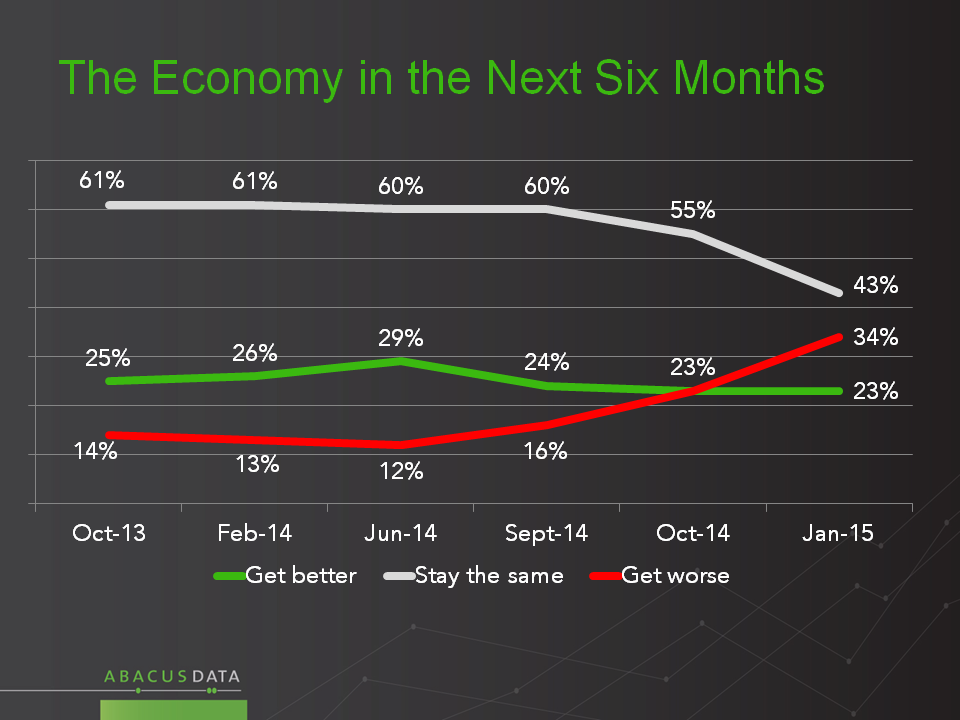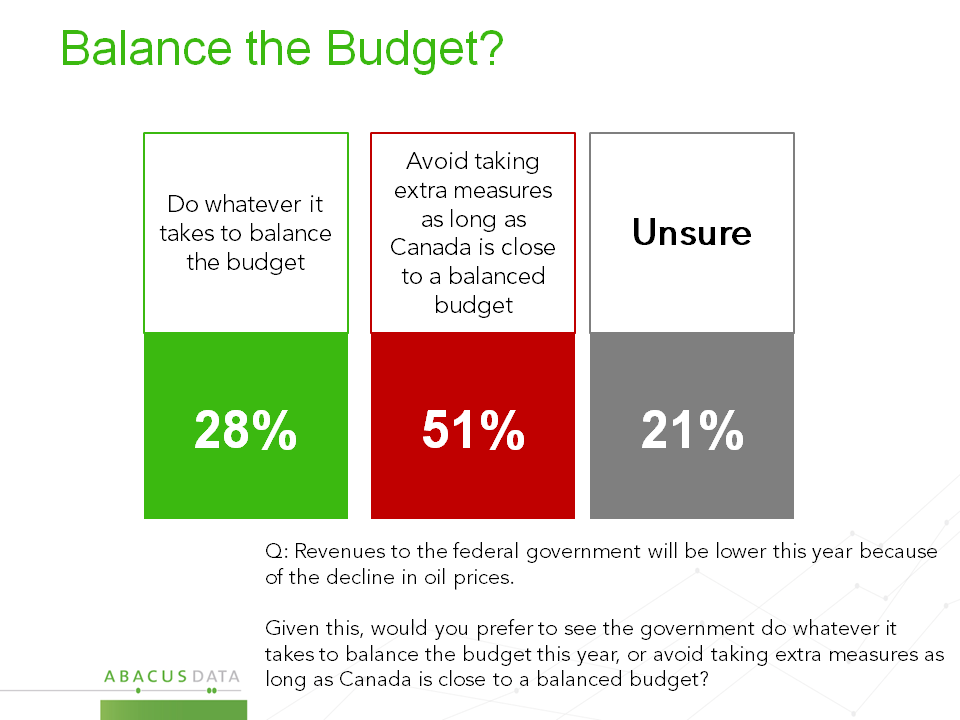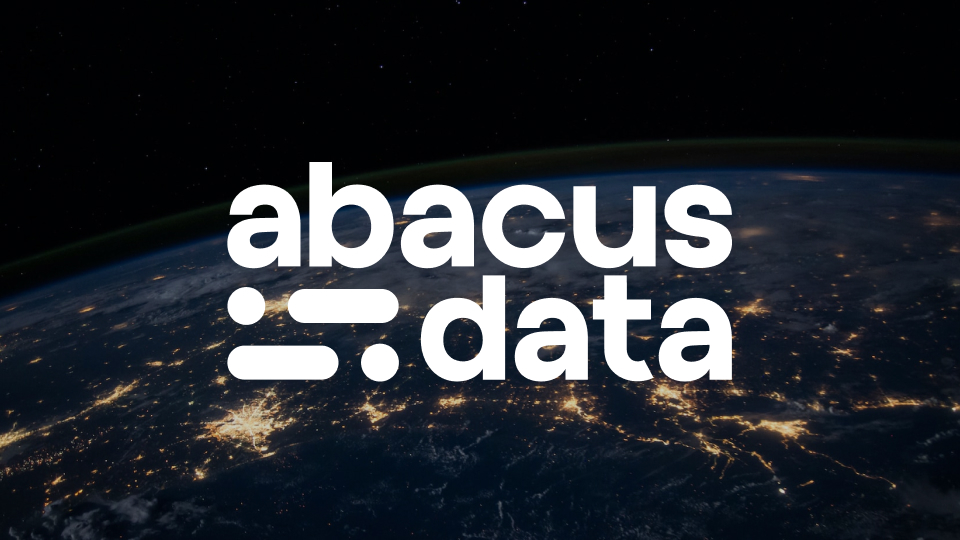Economic anxiety on the rise; Canadians want pragmatic policy making
January 30, 2015
 Only a few months ago, roughly two thirds (64%) of Canadians surveyed said they thought the economy was in good shape. Today, that view is held by just over one in two (54%). What’s more, the number of people who fear that things will get worse has doubled from 16% in September to 34% today.
Only a few months ago, roughly two thirds (64%) of Canadians surveyed said they thought the economy was in good shape. Today, that view is held by just over one in two (54%). What’s more, the number of people who fear that things will get worse has doubled from 16% in September to 34% today.
We explored how people felt about the Finance Minister’s announcement that the federal budget would be delayed: “Given recent developments in the world economy, including the decline in the price of oil, the federal government has delayed the timing of the upcoming federal budget. Do you feel the government made the right decision to take more time or made the wrong decision?”
The plurality (43%) thought delay was the right decision, while only 24% thought it was a poor decision. Only 38% of Liberal voters, and 33% of New Democratic Party voters thought it was the wrong decision. In key battlegrounds of Quebec (20% wrong decision) Ontario (28% wrong decision) and BC (25% wrong decision) the delay met with little resistance.
On whether the budget must be balanced this year, Canadians tend not to share the Prime Minister’s insistence that this happen. Only 28% say the government should do whatever it takes to make sure the budget is balanced this year, while 51% say the government should avoid taking extra measures to ensure the budget is balanced this year, as long as Canada is close to a balanced budget. Even among Conservative Party supporters, more (52%) say close is good enough, than want to see extra measures taken (35%).
The Upshot
There are clearly rising anxieties about the economy, but so far these have affected but not transformed the mood of the public. Moreover, support for the government has tended to be increasing during this period of rising uncertainty.
The pragmatic nature of public opinion is clearly evident in these numbers. People are not preoccupied with the timing of the budget, or the exact timing of a return to surplus budgets. In choosing flexibility on budget timing, the Conservatives enjoy public support. If extensive cuts are announced to meet an arbitrary promise to balance the budget this year, Canadians may feel this is a choice made for political rather than economic reasons.
Methodology
Our survey was conducted online with 1,005 Canadians aged 18 and over from January 26 to January 28, 2015. A random sample of panelists was invited to complete the survey from a large representative panel of Canadians, recruited and managed by Research Now, one of the world’s leading provider of online research samples.
The Marketing Research and Intelligence Association policy limits statements about margins of sampling error for most online surveys. The margin of error for a comparable probability-based random sample of the same size is +/- 3.1%, 19 times out of 20. The data were weighted according to census data to ensure that the sample matched Canada’s population according to age, gender, educational attainment, and region. Totals may not add up to 100 due to rounding.
We offer global research capacity with a strong focus on customer service, attention to detail and value added insight. Our team combines the experience of our Chairman Bruce Anderson, one of Canada’s leading research executives for two decades, with the energy, creativity and research expertise of CEO David Coletto, PhD. For more information, visit our website at http://www.abacusdata.ca/
Download the PDF with detailed tables: PDF
In case you missed it, here are some of our recent releases:
Should carbon be priced? Should public opinion decide pipelines?
Looks, Gender, and Ideas: Do these matter?
Political Leaders’ Choices and Voters’ Perspectives
Conservatives and Liberals end 2014 neck and neck as Harper’s personal numbers improve








